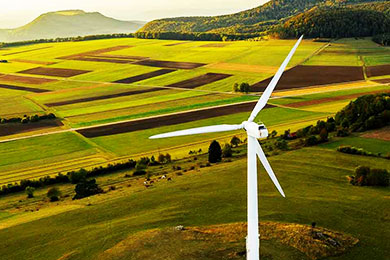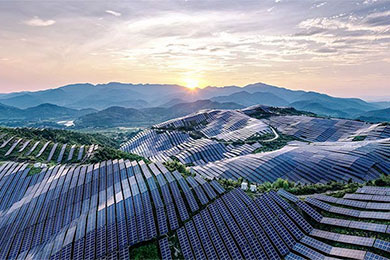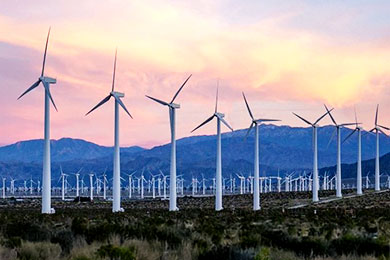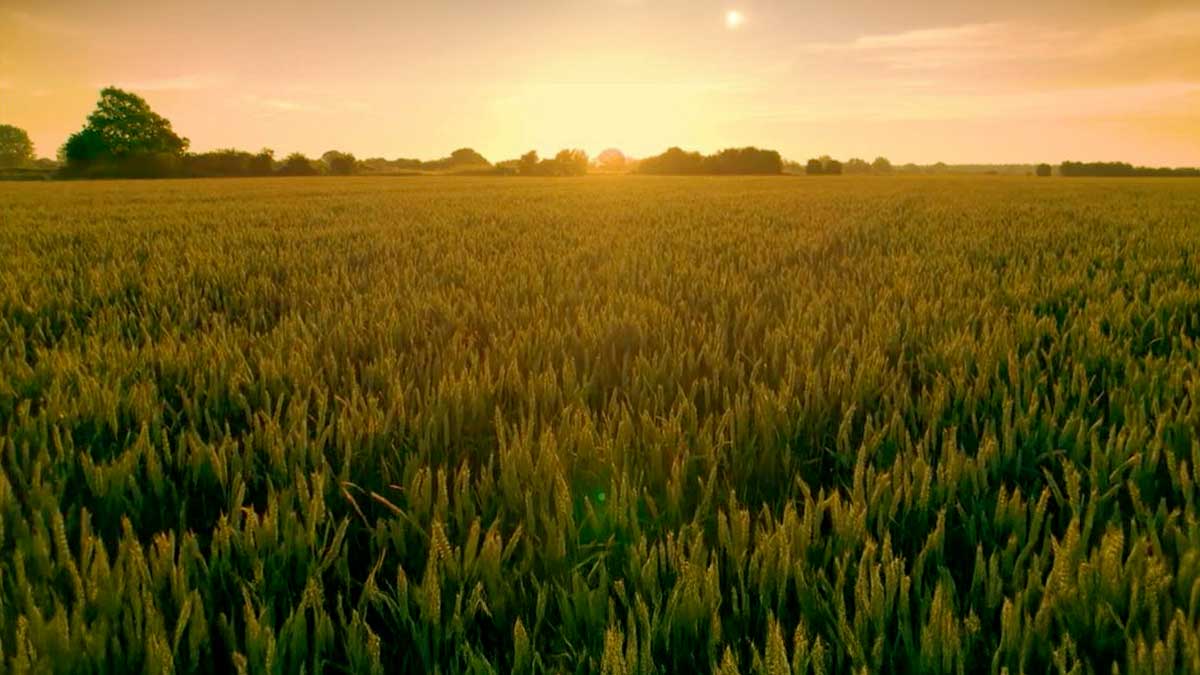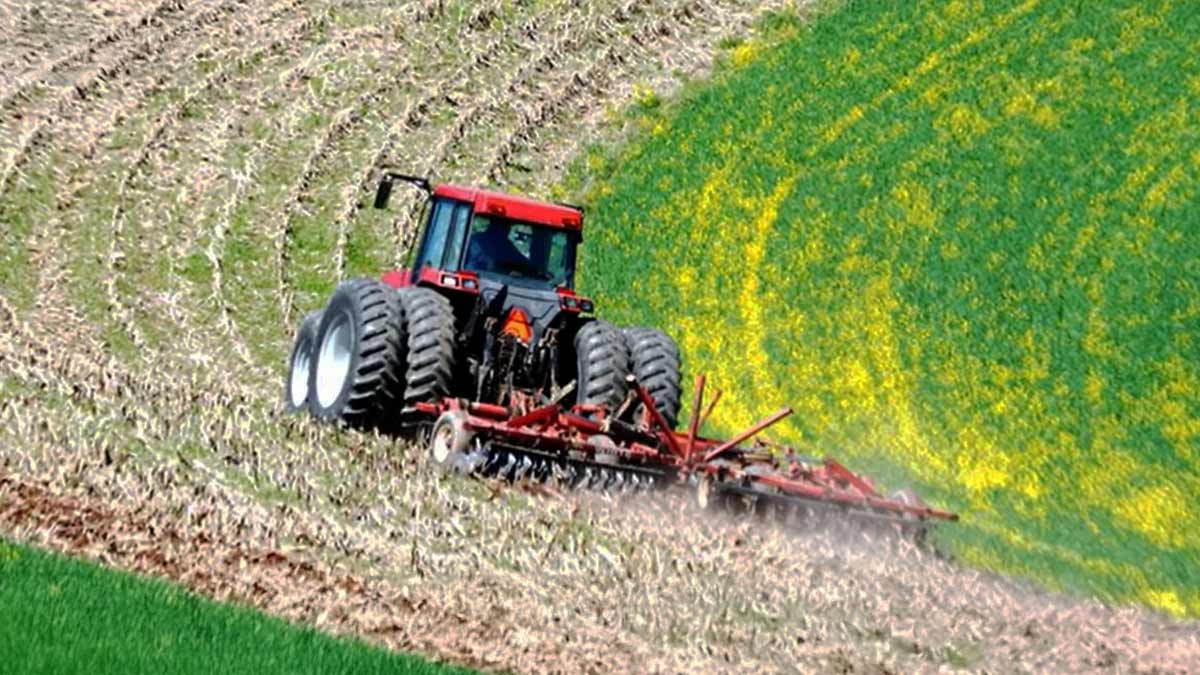Chubb Agriculture Resource Hub
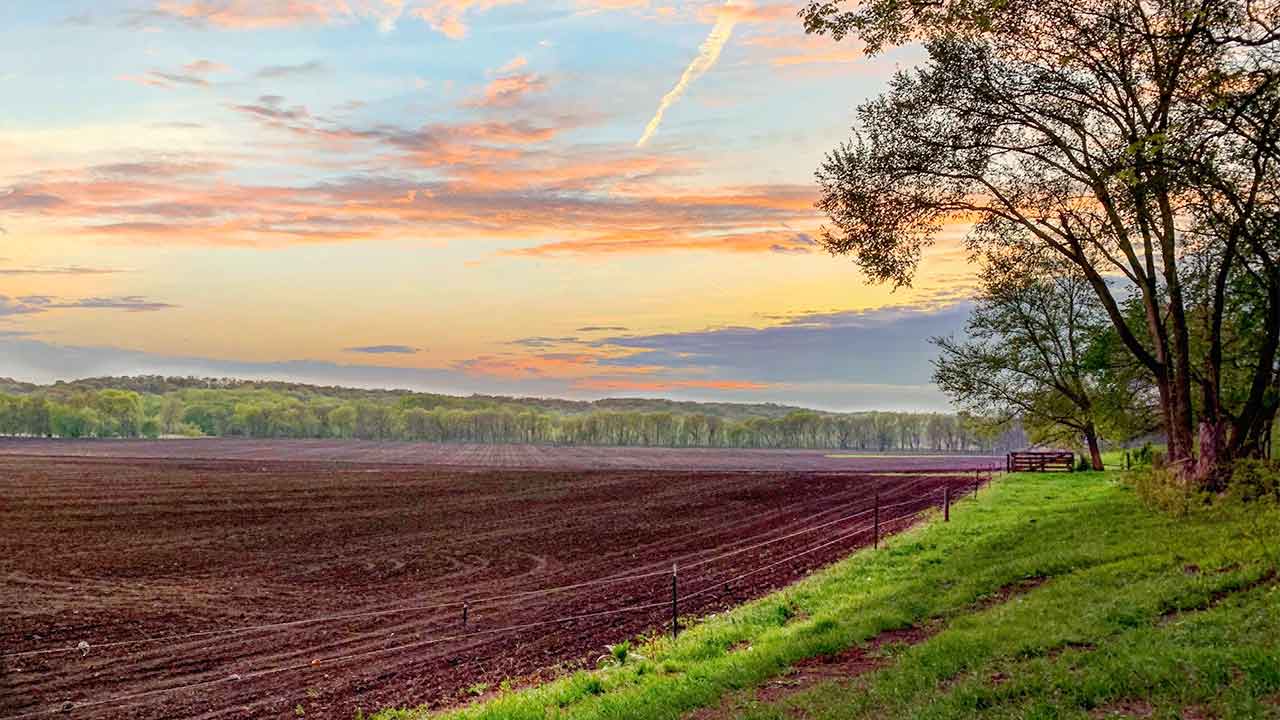
Serving Agriculture Clients
Welcome to the Chubb Agriculture Resource Hub, a digital resource to support Chubb’s crop and agriculture clients in identifying and adopting practices that support resiliency, sustainability and profitability.
Farmers and agriculture clients implementing sustainable practices will find information and tools, including a library of best practices, news and a directory of trusted farm advisers.
We plan to update the Chubb Agriculture Resource Hub from time to time, so visit periodically for information on new tools and services.
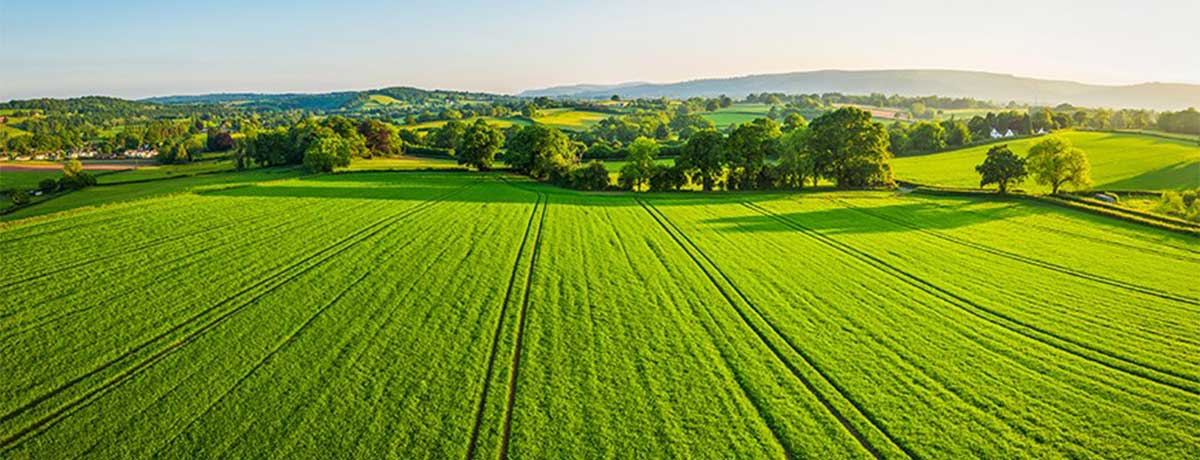
Resilient Agriculture
Farmers are uniquely vulnerable to extreme weather events such as drought, floods and heat. Together, these three phenomena caused 55% of crop losses in the United States in 2023.1
Fortunately for farmers, there is a suite of evidence-based sustainable practices that can help them increase their resiliency against extreme weather, enhance the sustainability of their operations and even improve their operation's profitability.
Healthy soil improves resilience. Strong soil structure and high organic matter enhance nutrient uptake and water retention, reducing vulnerability to extreme weather conditions.
U.S. farmers face water scarcity, making efficient irrigation systems crucial practice to build resilience and preserve resources while saving money and energy.
Implementing a nutrient management plan helps farmers find the right balance of nutrient application, avoiding possible yield deficiencies or unnecessary expenses.
As more farmers face rising temperatures and droughts, crop switching and revenue diversification strategies help them adapt to higher temperatures and more frequent events.
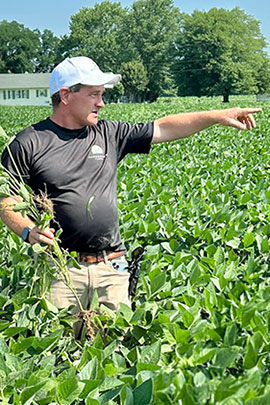
Farming for the Future
Farming challenges have become increasingly complex, as farmers adopt new digital tools, face increased interest from downstream about their sustainability practices and grapple with high labor and land costs.
Explore how farmer Trey Hill of Harborview Farms in Maryland is managing risk and reaping the benefits of sustainability practices.
Resilient agriculture
Learn about farm management practices that can support crop growth and increase a farmer’s resiliency against extreme weather.
Resilient agriculture
Learn about farm management practices that can support crop growth and increase a farmer’s resiliency against extreme weather.
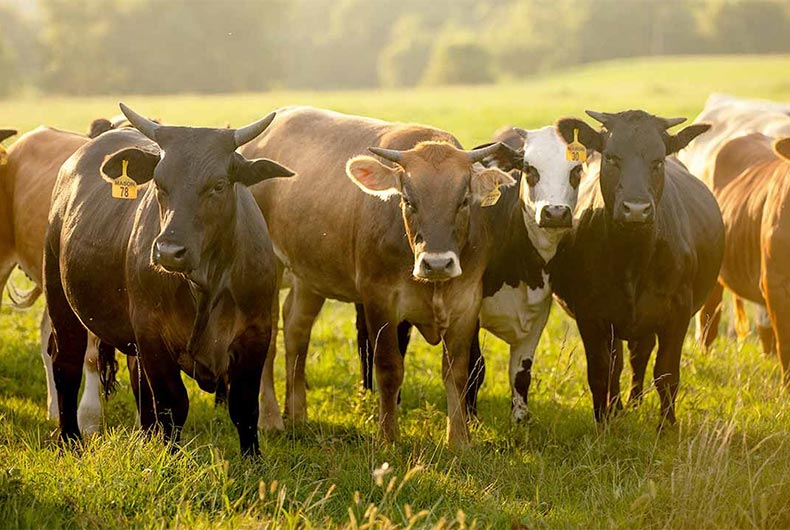
Reducing Agricultural Emissions
In addition to helping farmers become more resilient and profitable, many of the practices outlined above can also reduce Greenhouse Gas (GHG) emissions from sources like fertilizer application or livestock manure.
By reducing their emissions, farmers can unlock new opportunities to generate revenue through emerging carbon or ecosystem service markets. They may also find new markets to companies up the value chain who are looking to reduce their emissions.
- Biogas production can turn waste organics, manure, and other feedstocks into renewable energy. Learn more about mitigating biogas production hazards through proper facility design, construction, operations, maintenance and ongoing monitoring.
- Proactive risk management scan helps ensure that your solar photovoltaic (PV) farm operates efficiently and profitably while minimizing the potential for storm damage and disruption to operations.
- Learn more about methane management in agriculture
Methane matters
Reducing agricultural methane can not only help improve air quality, but can also lead to higher farm productivity. Find out the top three actions farmers can take to reduce or eliminate methane emissions.
Methane matters
Reducing agricultural methane can not only help improve air quality, but can also lead to higher farm productivity. Find out the top three actions farmers can take to reduce or eliminate methane emissions.
Resource library
Resources for Farmers
U.S. Department of Agriculture Natural Resource Conservation Service (NRCS)
USDA NRCS Conservation by State
USDA NRCS Soil Health Management Resources
USDA NRCS Nutrient Management Resources
USDA Farmer Strategies to Reduce Risk of Drought Damages
Environmental Protection Agency (EPA) AgSTAR Biogas Recovery Toolkit
USDA NRCS Climate-Smart Mitigation Strategies
Tools for Farmers
AgRisk Viewer Weather Risk Tool
COMET-Farm Sustainability Measurement Tool
AgroClimate Monitoring Tools for Southern Farmers
FreezeDate Tool for Midwestern Farmers
Climate Smart Farming Tools for Northeastern Farmers
Irrigation Investment Calculator for Cornbelt Farmers
Reports and Readings
Climate Impacts on Midwest Crop Yields Report
Cultivating Climate Resilience on Farms and Ranches Report
Trends in U.S. Irrigated Agriculture Report
Farmer Case Studies
Adaptation in Action Case Studies
Practical Farmers of Iowa Farmer-Led Research
PACE Crop Insurance Case Study
NACD Soil Health Research and Case Studies
NACD Economics of Soil Health Systems: A Guided Tour
Economic Research
Economics of Soil Health Systems Research
Economic Value of Cover Crops Research
Extreme Heat Impact on Farm Financial Outcomes Report
Conservation & Crop Insurance Research Pilot
Managing Risks With Cover Crops
Financial impacts of cover crops in Minnesota and Wisconsin
Trusted Advisers
Cooperative Extension Directory
State Agriculture Departments’ Directory
Soil and Water Conservation District Directory
Pheasants Forever Farm Bill Biologist Directory
NACD Soil Health Champions Network
Funding Opportunities
Environmental Quality Incentives Program
Resources for Underserved Producers
Minority and Women Farmers and Rancher Loans
Chubb Climate Resource Hubs
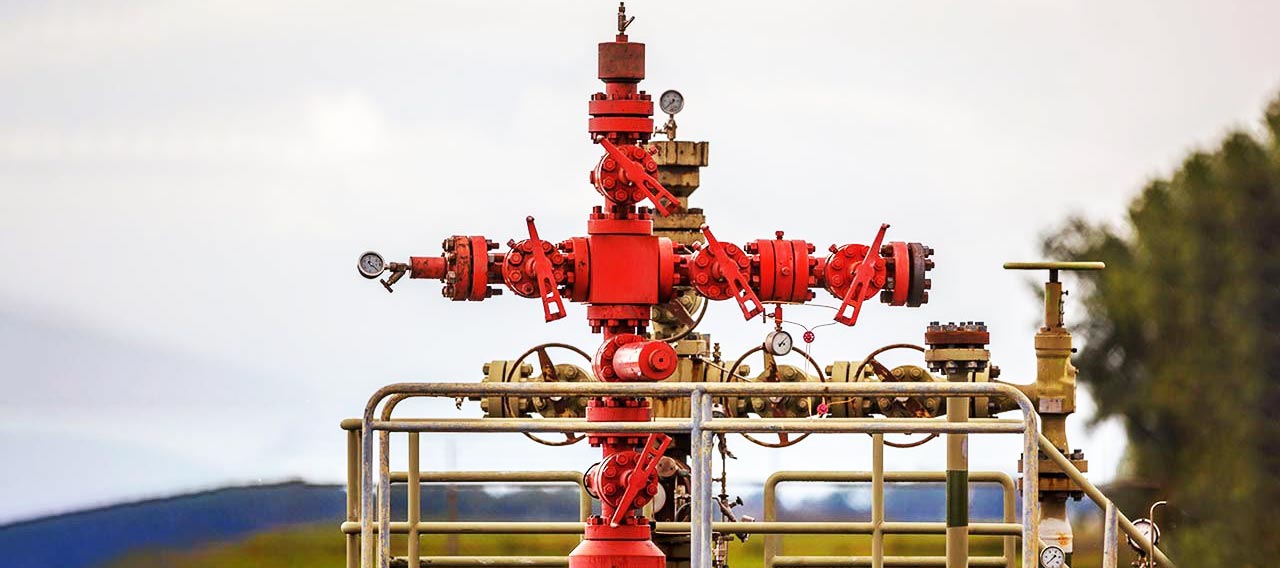

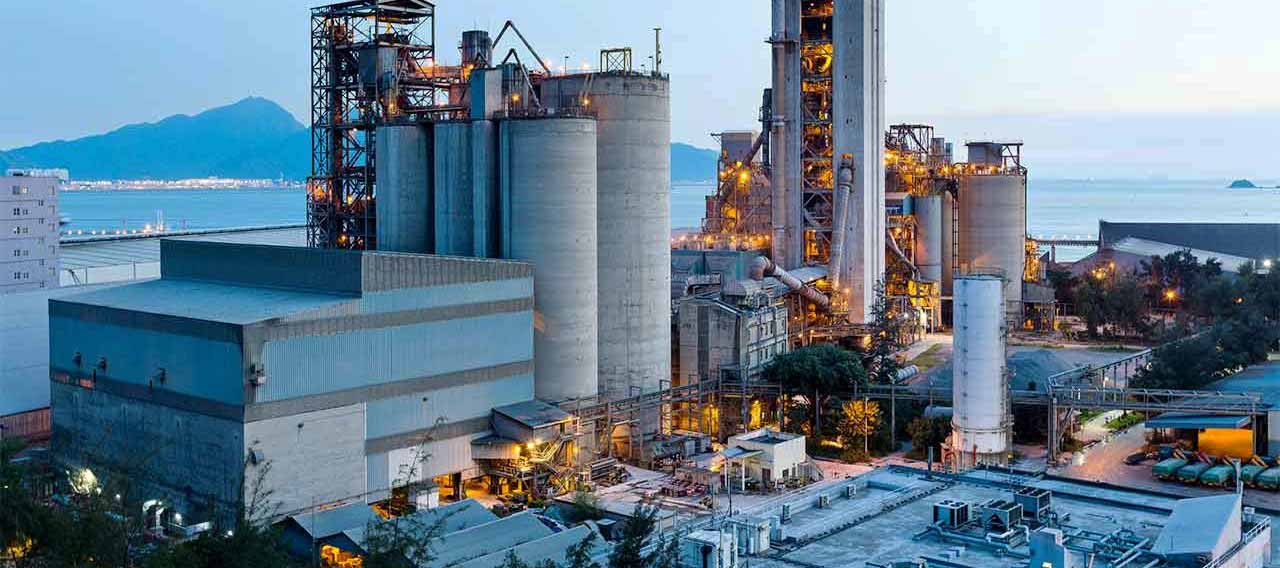
12024 Crop Insurance Update, https://www.rainhail.com/pdf_files/MKTG/MKTG_0123.pdf
2Irrigation and Water Management, https://www.nrcs.usda.gov/getting-assistance/other-topics/organic/nrcs-assistance-for-organic-farmers/irrigation-and-water-management
3Livestock and Enteric Methane, https://www.fao.org/in-action/enteric-methane/en





